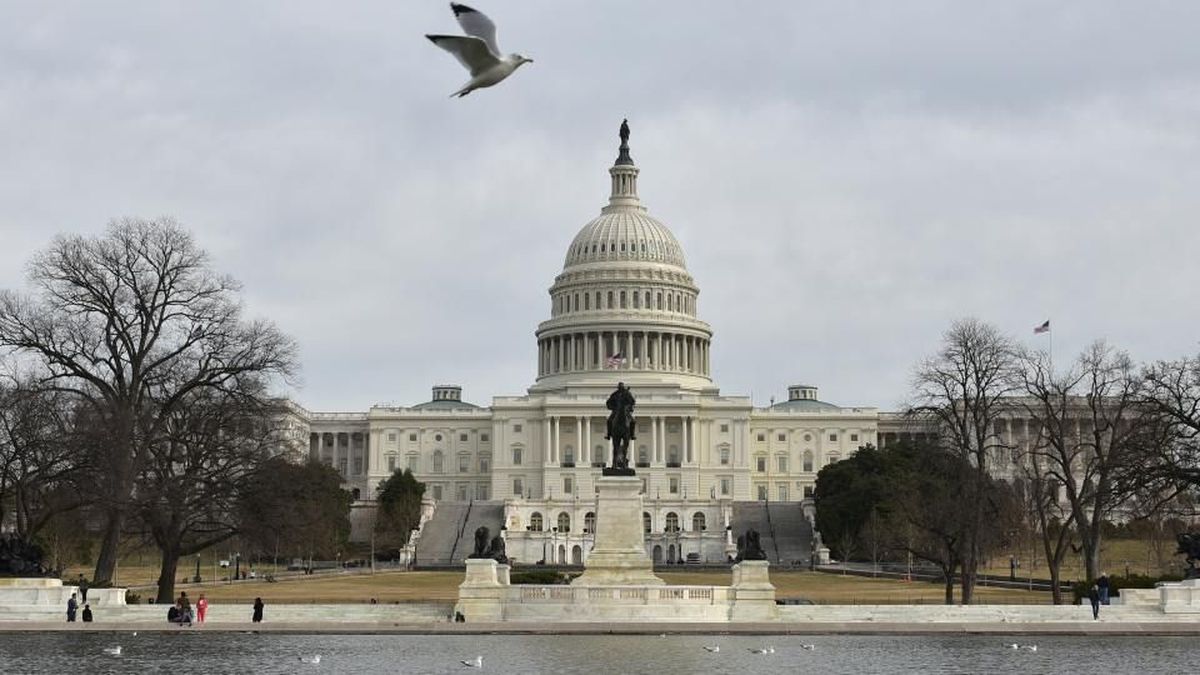The Minister of Economy and candidate for president of Unión por la Patria, Sergio Massa, accused the oil companies of speculating with supplies to force an increase in prices, in a context where the freeze agreed in August ends. This Wednesday there will be a new meeting at the Palacio de Hacienda with companies to define what to do starting in November. According to Massa, the companies are demanding a 40% increase. As far as he could know Ambit, If supply is normalized, a “single-digit” increase will be recognized and the agreed exports of barrels will be maintained.
At the end of a meeting with the businessmen of the Argentine Industrial Union (UIA), Massa was consulted about the supply of fuel: “Suddenly the trucks appeared. No matter how much they try with some speculative maneuver force a 40% fuel increase“As a minister, I am not going to allow it.” Furthermore, he added: “If in this speculative maneuver they intend to increase export volume because they have a preferential exchange rate, between 5 oil companies and 45 million Argentines, I am going to choose all 45 million of them.”
This Wednesday there will be a meeting at the Ministry of Economy, where the Secretary of Energy is expected to participate, Flavia Royón, and the main oil companies. Economy points to producers, and not refineries. High official sources assured that “They are fighting between local and international supply.” The thing is that the so-called Creole barrel, which is the one sold for refining in the local market, It is sold for US$56, while internationally it can be exported for almost US$90.due to a rise in prices, as a result of the conflict in the Middle East, and the World Bank anticipates that it will soon exceed US$100. In any case, it is the Ministry of Energy that enables exports.
Furthermore, in Economy they consider that the supply problem worsened at the end of October, when the price agreement expires. After the primary elections in August, Massa agreed with the oil companies on a increase of 12% and then a freeze until October 31. In between, there were “micro increases” of around 3% at service stations in some parts of the country.
End of the agreement: what to expect
In Economy they assure that “the priority is supply.” They handle reports provided to them by the Confederation of Hydrocarbon Trade Entities (Cecha). After the arrival of 5 ships since Friday of last week (2 gasoline and 3 diesel), the Government began to see a “normalization in supply”, starting with Greater Buenos Aires, and which they hope will then extend to the large cities of the country. Each ship cost between US$27 and US$33 million and in the next 15 days another five will arrive.
For this reason, at this time the economic team is analyzing enabling an update in prices. The companies assure that the delay is “at least 25%”, which is the differential that is paid today in wholesale prices versus retail prices at the pump. In addition, they allege that since the freeze in August, inflation has been double digits per month, and that since gasoline began to be at Fair Prices, in November 2022, Prices rose “half as much as inflation.” From the private sector they also assure that they “import at a loss” part of the diesel, which is what is not supplied with local production.
The Government told Ámbito that They are analyzing giving an increase “similar to what has been happening with Fair Prices.” At the moment, the increase patterns with other sectors, such as food, were around 5% monthly. Anyway, It will be an agreement only for November: Sunday the 19th is the runoff and the two political forces have two very different alternatives about what to do with fuel.
Economy’s position is that they provided other benefits to the sector, such as tax reductions for imports, improvements in the export exchange rate and access to the official dollar of $350. Furthermore, the official decision is that of postpone the increase in the tax on liquid fuels againso as not to put pressure on prices.
“We are happy that companies increase their exports, grateful that they generate foreign currency and aware of the investments in Vaca Muerta. But they cannot take the pockets of the Argentines,” said Massa. The position of Unión por la Patria is that the sales price of fuel has to be lower than the export price. for having “costs in pesos” and having an impact on competitiveness, due to the use of automotive transport in logistics.
About the position of Javier Milei, from La Libertad Avanza, Massa stated: “The other candidate says that the solution is to free prices. There the two country models appear. With the liberalization of prices, gasoline would be worth $800, while today it is $320.”
In the case of reaching a price agreement and verifying the supply, there will be no progress with the export ban that Massa demanded during the weekend in Tucumán.
Causes of shortages
The Government assures that the main factor was a “increase in demand”, a product of the long tourist weekend, mobility in the context of elections and the beginning of planting in agriculture. In addition, as a result of the lower prices recorded by YPF and by retail service stations, there was also a “stock breakdown” as a result of a shift in demand from wholesalers, who were left with higher prices.
However, in Economy they also observe what happened with the supply. There you can see the plant shutdowns that the two YPF refineries had. However, in the Treasury Palace they assure that they were programmed in advance. “This stoppage could not be postponed, which will now allow YPF to process another 3,000 extra m3,” commented a senior official source.
What they do consider is that they had ships with fuel that were left unloaded because the official dollar of the Central Bank had not been enabled. “We all know that there is a dollar restriction, YPF could have been more agile in seeking financing or another mechanism,” said an official source.
By more than Oil refining fell in August, despite the record barrel production of the last decade, they officially look at the aggregate data. They assure that Refining grew more than 6% year-on-year in the accumulated year. Thus, Massa’s criticism is not towards the downstreambut of upstreamthat is, towards the oil companies for considering that they “stocked” the production.
Source: Ambito




